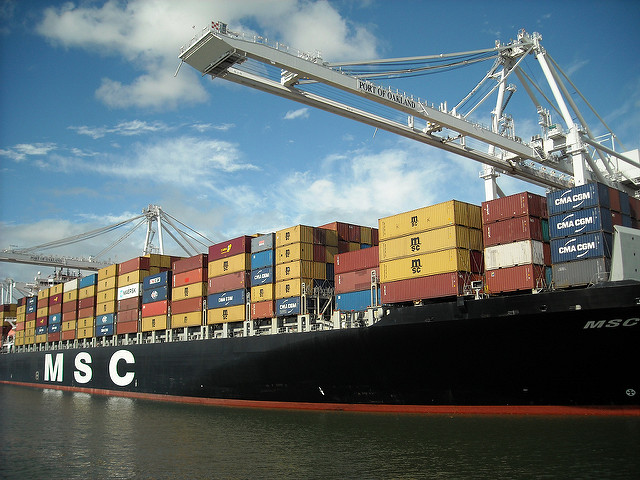
On NPR this morning, Peter Navarro, Director of the Office of Trade and Manufacturing Policy at the White House, said: “We have a significant problem with China…. What he (President Trump) is trying to do is restore the manufacturing base of this country, through Ohio, Michigan, Wisconsin, Indiana which have borne the burden of it.”
The White House Director of Trade and Manufacturing Policy should know that Ohio, Michigan, Wisconsin, Indiana, and the United States all manufacture more now than they did when China joined the World Trade Organization in December 2001.
Figure 1: Real Manufacturing GDP, Percent Change, 2001-2018
Source: Bureau of Economic Analysis, Real GDP by state: Manufacturing (Millions of chained 2012 dollars)
In an interview with Maria Bartiromo on Fox Business this week, Navaro said: “We love tariffs. I think that people in this country understand, because the President is so powerful about communicating, that tariffs are good."
In fact, a new Pew Research Center poll found that 56 percent of Americans think increased tariffs between the United States and its trading partners have been bad for the U.S., and 65 percent of Americans think free trade agreements have been good for the United States.
In 2015, before President Trump took office, total annual U.S. tariff revenue from all imports was just $33.9 billion. Last year, U.S. tariff revenue was a record-high $47.9 billion. President Trump now wants to add an additional 10 percent tax on $300 billion of toys, clothing, iPhones, and other goods imported from China. Back-to-school shoppers may want to get their supplies before September 1, when the new taxes are scheduled to hit.
Unfortunately for Americans, much U.S. trade policy appears to be based on a flawed garbage-in, garbage out analysis. If the White House mistakenly thinks U.S. manufacturing is declining, when in fact manufacturing has rebounded from the Great Recession with a 19.8 percent increase to near-record output, it is likely to continue imposing misguided and costly trade measures like its new back-to-school taxes.

